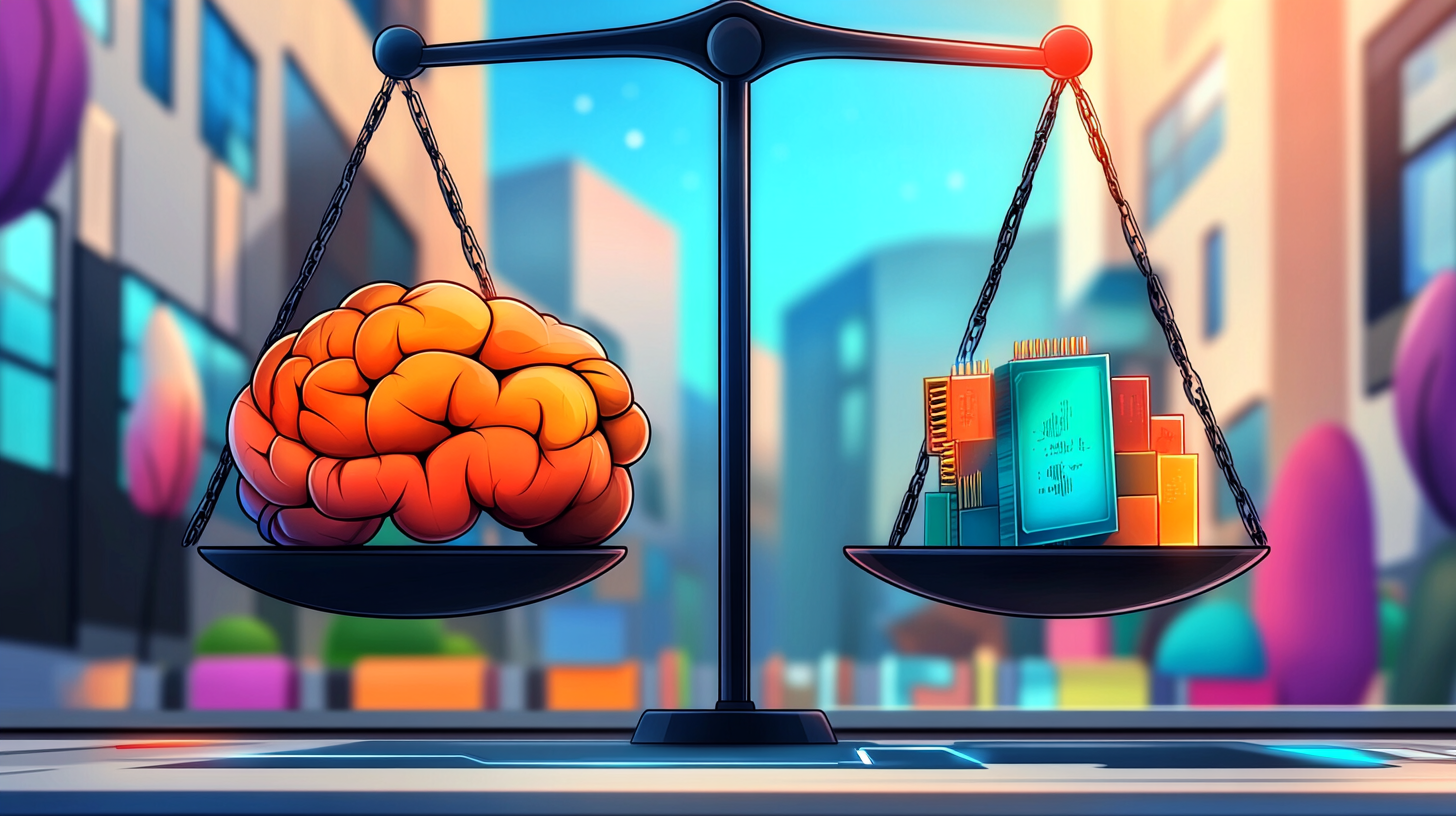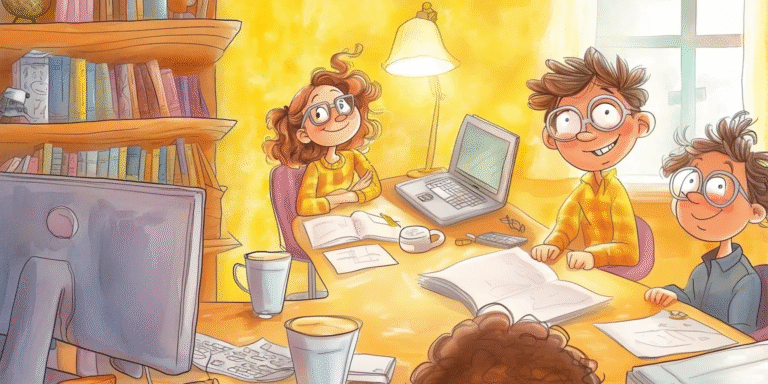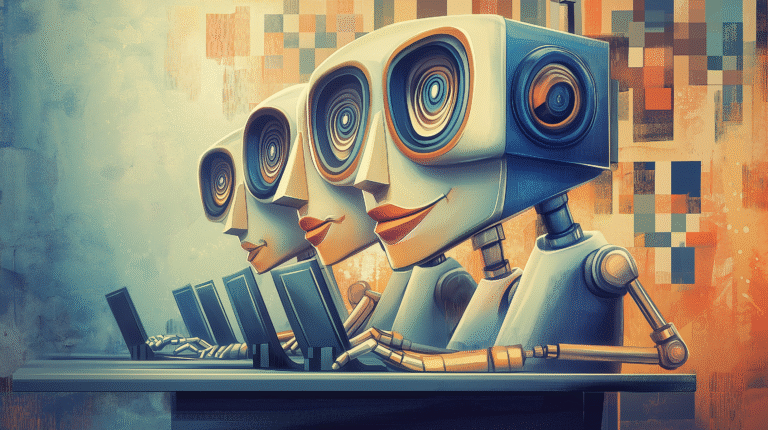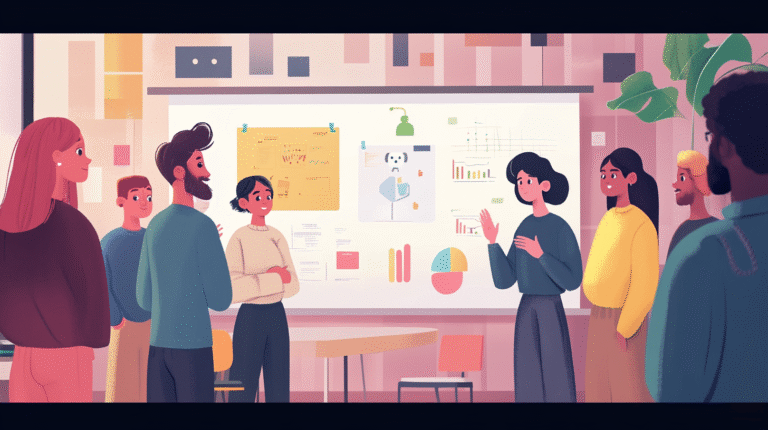How AI is Changing Critical Thinking at Work: Benefits and Risks
“Generative AI tools promise to make our jobs easier… but are they quietly eroding our ability to think critically?”
AI tools like ChatGPT, Microsoft Copilot, and Google’s Gemini are changing how we work every day. They bring speed, creativity, and convenience to our workflows. But here’s the big question: When machines handle most of the cognitive load, what happens to our ability to think critically?
A new study from Carnegie Mellon University and Microsoft Research sheds light on this.
Yes, AI boosts efficiency in knowledge work, but it might also make us less engaged when we trust it too much. As knowledge work shifts from hands-on problem-solving to AI supervision, we need to stay sharp even when AI is helping out.
Let’s talk about the perks and pitfalls of AI in the workplace, and how knowledge workers can adapt without losing their edge.
AI tools are becoming the norm. A 2024 survey found that over 60% of knowledge workers use them weekly for everything from content creation to data analysis. The appeal is obvious: AI handles repetitive tasks efficiently, freeing up time for meaningful work. It boosts creativity by generating ideas and content quickly. Plus, it offers quick access to information, delivering market trend summaries in seconds.
But here’s the concern: Are we relying too much on AI? What does that mean for our critical thinking?
The study found that AI reduces the mental effort needed for many tasks. No more hours spent gathering data or writing reports. AI does it for us. But what do we lose in the process?
AI simplifies knowledge gathering, making tasks easier but potentially leaving users less engaged. Blind trust in AI often leads to reduced critical thinking, as users may skip the important step of double-checking. Over reliance on AI poses serious risks in critical fields like finance, healthcare, and law, where mistakes can have significant consequences.
Sound familiar? We’ve had these debates with every new tech, from calculators to the internet. AI might boost productivity, but it can also weaken our cognitive “muscles.”
Before AI, knowledge workers did it all: research, analysis, problem-solving. Now, much of that is AI’s job. Workers are becoming overseers, managing AI outputs instead of generating them. Knowledge workers now take on roles such as:
- verifiers who ensure AI content is accurate and relevant
- editors who refine AI outputs to meet specific needs, and
- managers who oversee AI tools from crafting prompts to reviewing final results.
Knowledge workers face more responsibility as verifying AI outputs takes time. There are growing skill gaps with the need for prompt engineering and AI evaluation. Additionally, relying too much on AI can reduce opportunities for problem-solving, leading to cognitive decline.
The study urges that AI tools should foster critical thinking, not replace it. AI tools should show users how they reach conclusions, encourage verification of outputs, and offer training on effective AI use. For AI designers, the challenge is clear: How do we enhance human thinking, not bypass it?
To keep your critical thinking sharp with AI in the mix, verify AI outputs by cross-checking with reliable sources. Continuously build your expertise to assess AI work effectively. Regularly engage in tasks without AI assistance to maintain your problem-solving skills, and treat AI-generated content as a draft that you refine to meet your standards. Making it a habit to manually verify at least one AI-generated output per project can also help.
AI is transforming the workplace, but it also challenges our critical thinking. Let’s use AI as a tool, not a crutch.
Are you using AI at work? Have you noticed a shift in your critical thinking? Let’s embrace AI while keeping our most valuable tool, our minds, sharp.







